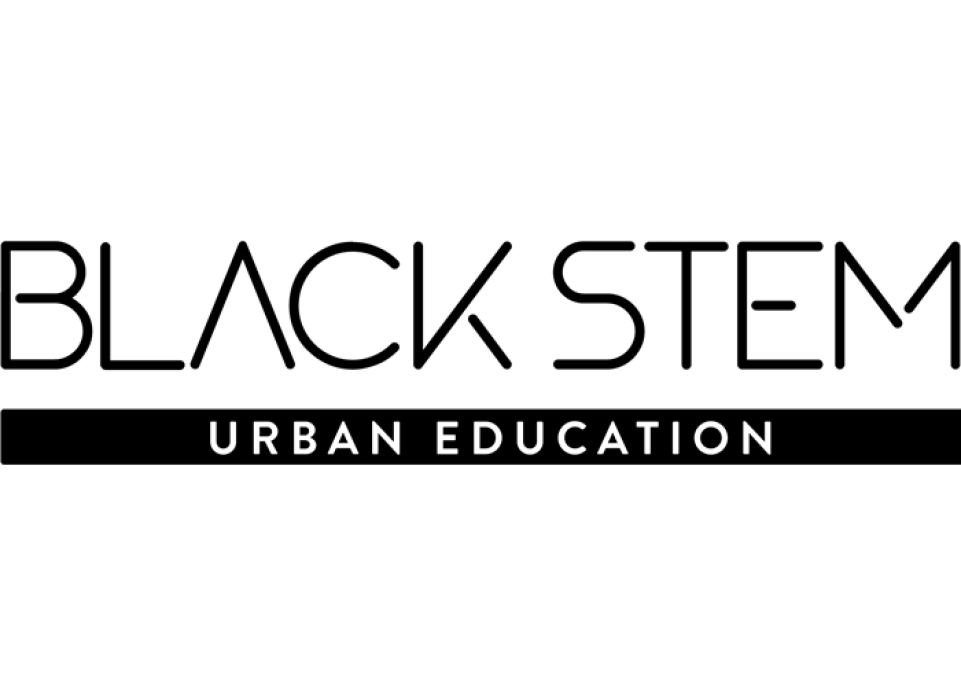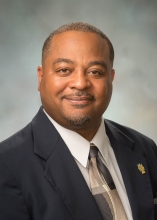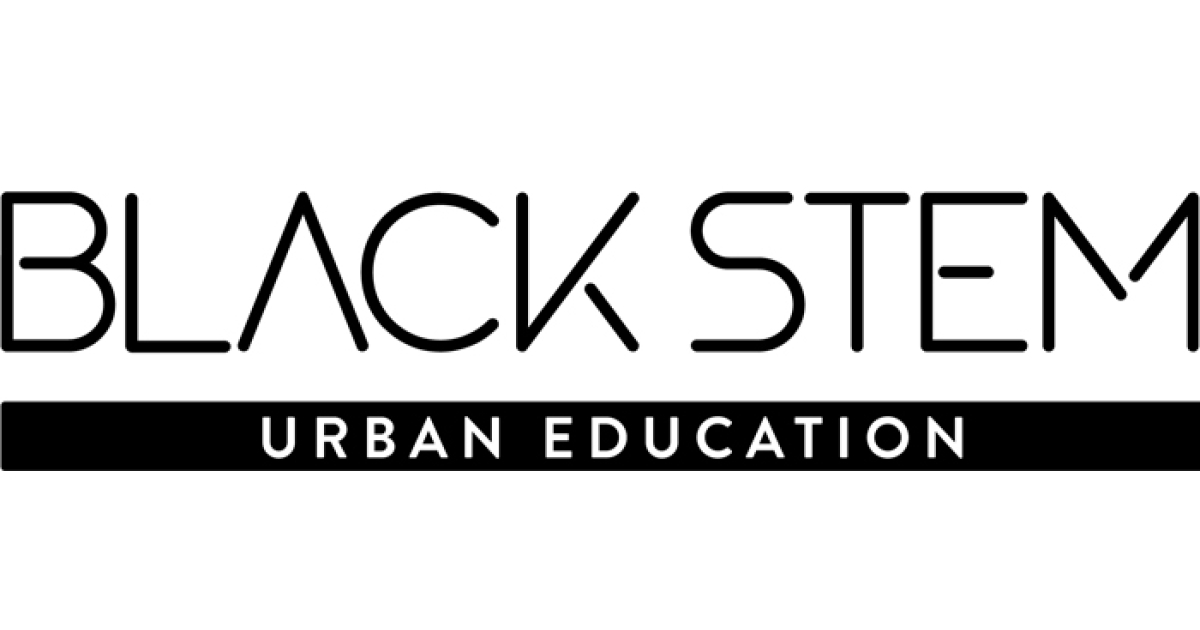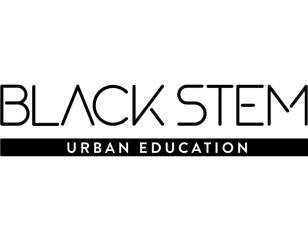
When Douglas Hoston Jr. was selected last spring to participate in Buffalo State College’s Social Justice Faculty Externship program, he immediately knew the focus of his summer project.
“I wanted to give incoming freshmen from underrepresented backgrounds with an interest in science, technology, engineering, and math (STEM) a sense of belonging,” said Hoston, a PRODiG visiting scholar with the Social and Psychological Foundations of Education and Adult Education Department and a former completion coach at Buffalo State.
Hoston created the “Inaugural Urban STEM Symposium,” which will be held Thursday, August 4, from 9:00 a.m. to 2:00 p.m. in the Campbell Student Union Assembly Hall.

“I wanted to give incoming freshmen from underrepresented backgrounds with an interest in science, technology, engineering, and math (STEM) a sense of belonging.”
The externship is supported by the Equity and Campus Diversity Office and the Civic and Community Engagement Office and through the generous gift of an anonymous donor. It was launched last year as an opportunity to engage faculty members in learning opportunities with community organizations that provide leadership in addressing issues of social justice. Faculty are then encouraged to extend that learning to students through curricular change. Cameron Herman, assistant professor of sociology, is the other 2022 externship recipient.
Hoston partnered with the Buffalo State office of the Say Yes organization. Say Yes works to remove barriers to college, jobs, and economic mobility for students in the Buffalo Public Schools (BPS).
“These are exactly the students I’m trying to reach,” he said, noting that a group will already be on campus finishing the Say Yes Summer Success Academy July 5 –August 5, which is funded by the Community Foundation for Greater Buffalo. Twenty-seven BPS graduates coming to Buffalo State in the fall are registered for the symposium.
Several constituents from across campus will share their expertise with the students. They include Michael Heflin, assistant dean of inclusion and equity, who will serve as master of ceremonies, and Anita Senthinathan, assistant professor of speech-language pathology, and Gehan Senthinathan, assistant professor of social and psychological foundations of education and adult education, who will jointly present the talk “Hard Science—Soft Skills.”
In addition, academic advisers, counselors, and retention specialists will give an overview titled “Best Practices in Belonging,” and six faculty members of color will participate in the panel discussion “Academic Success in Belonging.”
Edward Saxon, a Cleveland, Ohio–based pharmacist, will deliver the keynote address, “If I Can Make It, So Can You.”
In an artistic piece of the symposium, Hoston will lead a poetry workshop with a focus on identity and Afrofuturism.
“We’ll ask students, ‘How do you see yourself?’ at the beginning of the workshop and again at the end,” Hoston said. “The point is to build their confidence and self-exploration in all aspects of college life.”
The overarching goal of the workshop, he said, is to help Black and Brown students find—and maintain—the confidence to enter the STEM disciplines and earn a degree.
“There is a lower success rate for students of color entering and completing academic studies in the STEM fields,” Hoston said. “Lack of generational knowledge, along with a perception of different treatment, are obstacles for many minority students. I saw this as a completion coach. Some get sick frequently. Others give up entirely. I want to counter those obstacles early on.”
The idea for the symposium stemmed from Hoston’s 2021 doctoral dissertation. It focused on the physiological impact of prolonged stressors on minority medical students, tied to a phenomenon called John Henryism. As the story goes, John Henry was a Black steel driver in the 1800s who entered a contest against a steam drill intended to replace workers. Using only a hammer to drill holes in granite, Henry won the contest but then died from a heart attack.
“There are contextual similarities within the allegory of John Henry and the experiences of Black and Brown college STEM students,” Hoston said. “They experience higher levels of depression, anxiety, high blood pressure, and elevated heart rate in historically White higher education learning environments. The solution is to provide a sense of inclusion and comfort for them.”



